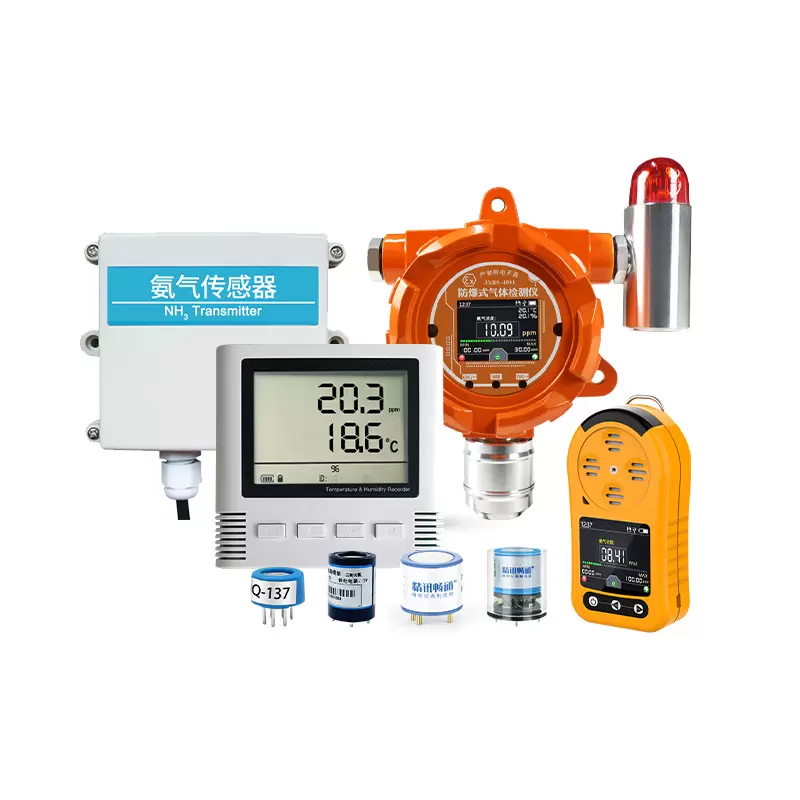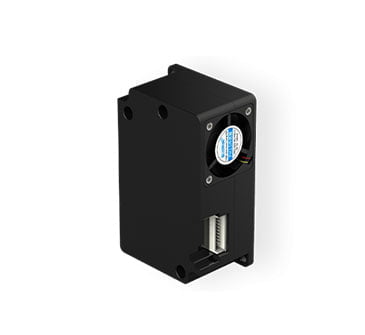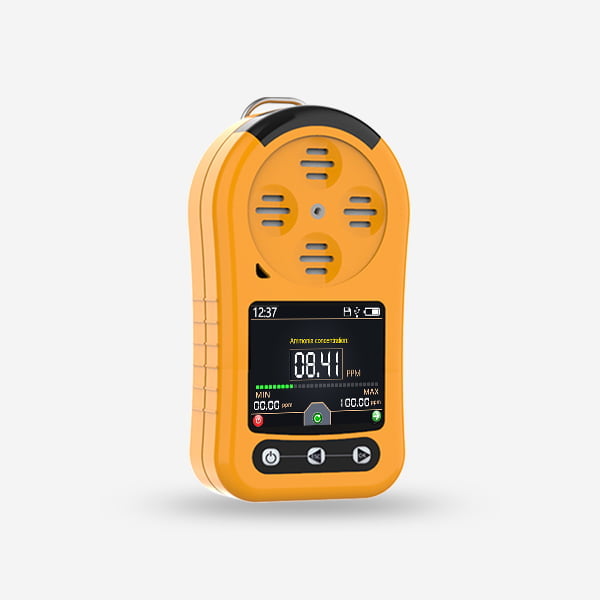Introduction:
Carbon monoxide (CO) is a colorless, odorless, and tasteless gas that is produced by the incomplete combustion of fuels such as gas, oil, coal, and wood. It is often referred to as the “silent killer” because it is virtually undetectable without the use of specialized equipment. Carbon monoxide poisoning can have severe health effects, including dizziness, nausea, headaches, and in extreme cases, even death. In this article, we will discuss the importance of having a carbon monoxide alarm in every home and the potential risks of not having one.

The Dangers of Carbon Monoxide:
Carbon monoxide is a highly toxic gas that can be lethal when inhaled in high concentrations. It binds to the hemoglobin in our blood, reducing its ability to carry oxygen to the body’s organs and tissues. This lack of oxygen can lead to serious health complications, especially for individuals with pre-existing respiratory conditions, children, and the elderly.
Common sources of carbon monoxide in the home include faulty heating systems, gas stoves, fireplaces, and generators. Without a carbon monoxide alarm, it is impossible to detect the presence of this deadly gas until symptoms of poisoning appear. By then, it may already be too late.
The Importance of Carbon Monoxide Alarms:
A carbon monoxide alarm is a small device that is designed to detect the presence of carbon monoxide in the air. It works by sounding an alarm when it detects elevated levels of the gas, giving occupants of the home an early warning sign to evacuate and seek fresh air. These alarms are inexpensive, easy to install, and can save lives.
One of the main reasons why every home needs a carbon monoxide alarm is because it provides peace of mind. Knowing that you have a device in place that will alert you to the presence of carbon monoxide can help alleviate anxiety and ensure the safety of your loved ones.
Additionally, carbon monoxide alarms are required by law in many jurisdictions. Building codes and regulations often mandate the installation of carbon monoxide alarms in residential properties, especially those with fuel-burning appliances. Failure to comply with these regulations can result in fines and penalties.

Choosing the Right Carbon Monoxide Alarm:
When selecting a carbon monoxide alarm for your home, it is important to choose one that meets recognized safety standards. Look for alarms that are certified by reputable organizations such as Underwriters Laboratories (UL) or the International Electrotechnical Commission (IEC).
Consider the specific needs of your home when choosing an alarm. For example, if you have multiple levels in your home, it may be necessary to install alarms on each level. Some carbon monoxide alarms also come with additional features such as digital displays, battery backups, and wireless interconnectivity.
Regular Maintenance and Testing:
To ensure the effectiveness of your carbon monoxide alarm, regular maintenance and testing are essential. Follow the manufacturer’s instructions for testing the alarm and replace the batteries as recommended. It is also important to keep the alarm clean and free from dust and debris.
Conclusion:
In conclusion, having a carbon monoxide alarm in every home is crucial for the safety and well-being of its occupants. Carbon monoxide is a silent and deadly gas that can go undetected without the use of specialized equipment. By installing a carbon monoxide alarm, you can provide an early warning system that can save lives. Don’t take risks with the safety of your home and loved ones – invest in a carbon monoxide alarm today.





